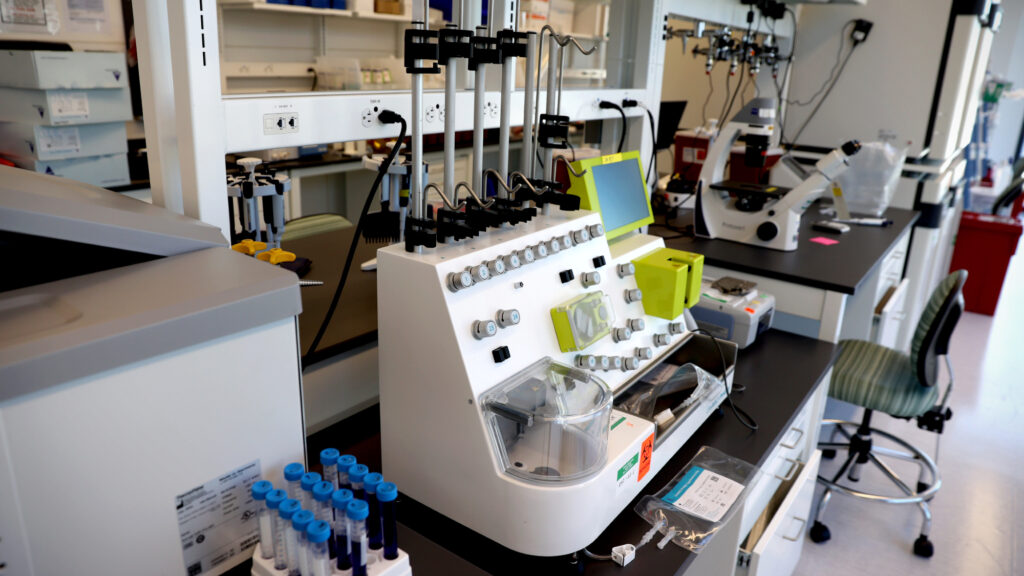What happened
A team of doctors and scientists has used a tailor-made gene-editing therapy to treat an infant with a rare genetic condition, a medical first that opens the door to a new era of individualized medicine, especially for people with uncommon diseases, the researchers reported Thursday in The New England Journal of Medicine. “This is the future of medicine,” said study coauthor Dr. Kiran Musunuru, a gene-editing expert at the University of Pennsylvania.
Who said what
KJ Muldoon was diagnosed with CPS1 deficiency, which causes toxic levels of ammonia in the blood, soon after his premature birth in Philadelphia last August. He had “perhaps as few as six months before a mounting risk of severe brain damage or death,” The New York Times said. Instead, he “made medical history.”
KJ’s diagnosis launched an “all-out six-month sprint” by a network of researchers and companies to develop a therapy, “vet its safety and use it to fix an errant gene” in his liver, The Washington Post said. They used the gene-editing tool CRISPR to create an enzyme that “flips the mutated DNA ‘letter'” to the “correct type” to process ammonia, The Associated Press said. KJ got his first injection in February, then lower doses in March and April.
Subscribe to The Week
Escape your echo chamber. Get the facts behind the news, plus analysis from multiple perspectives.
SUBSCRIBE & SAVE
Sign up for The Week’s Free Newsletters
From our morning news briefing to a weekly Good News Newsletter, get the best of The Week delivered directly to your inbox.
From our morning news briefing to a weekly Good News Newsletter, get the best of The Week delivered directly to your inbox.
What next?
“We’re still very much in the early stages of understanding what this medication may have done for KJ,” said Dr. Rebecca Ahrens-Nicklas, his doctor at Children’s Hospital of Philadelphia and a study coauthor. “But every day, he’s showing us signs that he’s growing and thriving.” He is expected to go home in a few weeks.



